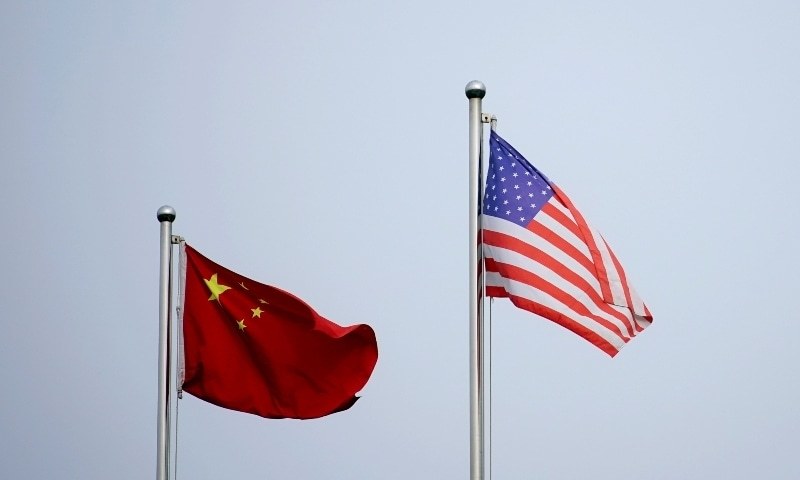G7 calls out China over Xinjiang, Hong Kong and Taiwan

Group of Seven leaders called on China to respect human rights in its Xinjiang region, allow Hong Kong a high degree of autonomy and refrain from any unilateral action that could destabilise the East and South China Seas, according to a draft version of the G7 summit communique seen by Reuters.
The re-emergence of China as a leading global power is considered to be one of the most significant geopolitical events of recent times, alongside the 1991 fall of the Soviet Union that ended the Cold War.
But the return of China as a global power has unnerved the United States: President Joe Biden casts China as the main strategic competitor and has vowed to confront China's "economic abuses" and push back against human rights violations.
"We will promote our values, including by calling on China to respect human rights and fundamental freedoms, especially in relation to Xinjiang and those rights, freedoms and high degree of autonomy for Hong Kong enshrined in the Sino-British Joint Declaration," the G7 said in a communique that was almost finalised.
Before the G7 criticism emerged, China pointedly cautioned G7 leaders that the days when "small" groups of countries decided the fate of the world were long gone.
The G7 also said they underscored "the importance of peace and stability across the Taiwan Strait, and encourage the peaceful resolution of cross-Strait issues".
"We remain seriously concerned about the situation in the East and South China Seas and strongly oppose any unilateral attempts to change the status quo and increase tensions.
"We also call for a timely, transparent, expert-led, and science-based WHO-convened Phase 2 Covid-19 origins study including, as recommended by the experts’ report, in China," the communique said.
"The days when global decisions were dictated by a small group of countries are long gone," a spokesman for the Chinese embassy in London said.
"We always believe that countries, big or small, strong or weak, poor or rich, are equals, and that world affairs should be handled through consultation by all countries."
Beijing has repeatedly hit back against what it perceives as attempts by Western powers to contain China, and says many major powers are still gripped by an outdated imperial mindset after years of humiliating China.
UN experts and rights groups estimate over a million people, mainly Uighurs and other Muslim minorities, have been detained in recent years in a vast system of camps in Xinjiang.
China denies all accusations of forced labour or abuse. It initially denied the camps existed, but has since said they are vocational centres and are designed to combat extremism. In late 2019, China said all people in the camps had "graduated".













































